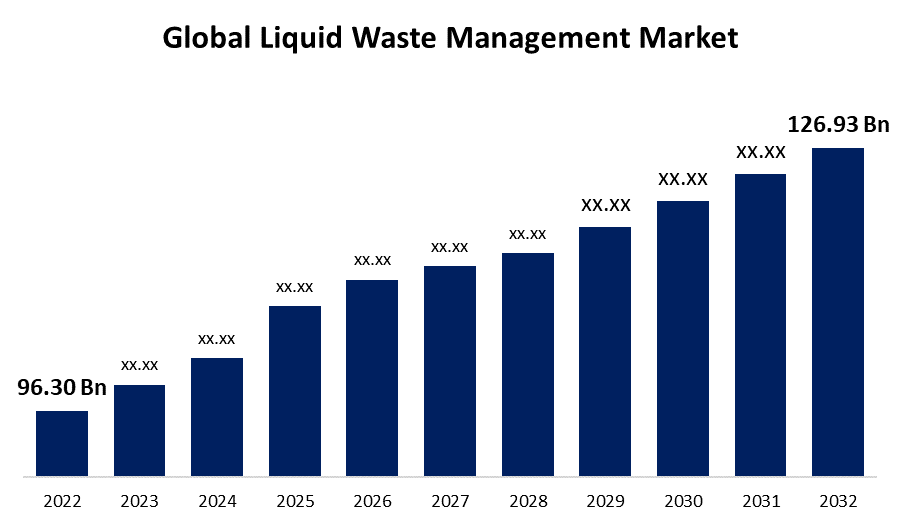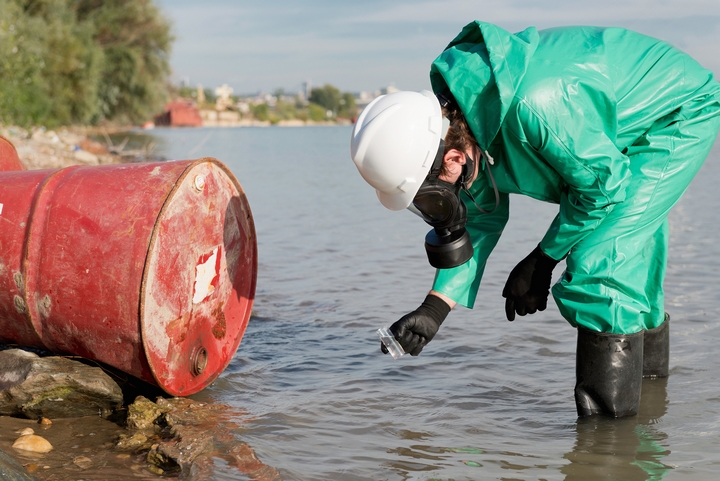Specialist Liquid Waste Removal Melbourne: Rapid and Cost Effective Solutions
Specialist Liquid Waste Removal Melbourne: Rapid and Cost Effective Solutions
Blog Article
The Importance of Liquid Garbage Disposal in Keeping Public Health and Environmental Safety And Security
The relevance of liquid waste disposal expands far past simple conformity with guidelines; it is an essential aspect in safeguarding public health and wellness and ensuring environmental honesty. Incorrect management of fluid waste poses serious threats, including the contamination of water materials and the spreading of illness, overmuch affecting at risk groups. This increases crucial questions regarding present techniques and the performance of existing regulations. As we explore the diverse implications of fluid waste disposal, it ends up being evident that a detailed understanding is needed to attend to these pushing issues. What services can be executed to alleviate these dangers?
Wellness Dangers of Improper Disposal
Improper disposal of fluid waste presents significant wellness risks that can influence both individuals and communities. When fluid waste is not taken care of correctly, it can infect drinking water materials, causing a myriad of health problems. liquid waste disposal melbourne. Virus existing in neglected waste can create infectious diseases, while chemicals may cause long-term health problems, including cancer and neurological problems
In largely booming locations, the risk magnifies as incorrect disposal can result in episodes of waterborne ailments such as cholera and dysentery. At risk populaces, including children, the senior, and those with pre-existing wellness conditions, are particularly susceptible to these unfavorable effects. Moreover, exposure to hazardous compounds in liquid waste can interfere with endocrine features and hinder reproductive health and wellness.
Furthermore, the mental impact of living in a polluted environment can not be overlooked. Areas may experience increased anxiety and anxiety relevant to health and wellness uncertainties. For that reason, it is essential for public health and wellness authorities to promote and apply rigid laws understanding projects concerning proper fluid garbage disposal methods. By doing so, we can mitigate these wellness risks and secure the wellness of people and the broader neighborhood.
Environmental Influence of Liquid Waste
Fluid garbage disposal substantially affects the atmosphere, with impacts that can be both instant and lasting. When fluid waste is improperly taken care of, it can lead to extreme contamination of soil, rivers, and air. Hazardous compounds usually existing in liquid waste, such as hefty metals, chemicals, and organic solvents, can seep into the ground, posing risks to ecological communities and human health and wellness.
The immediate results of fluid garbage disposal include eutrophication, where nutrient-rich waste promotes extreme algae development in water bodies. This process diminishes oxygen degrees, resulting in the fatality of water life and disruption of neighborhood biodiversity. Additionally, the leaching of hazardous chemicals right into groundwater can compromise alcohol consumption water products, creating long-term carcinogen for communities.
Lasting consequences of poor liquid waste management include habitat deterioration and loss of biodiversity. Delicate ecosystems, such as rivers and wetlands, are particularly prone, as they depend on clean water to sustain varied plants and animals. On the whole, the environmental effect of liquid garbage disposal emphasizes the immediate demand for reliable administration approaches to protect both the setting and public wellness.
Reliable Disposal Approaches
When considering reliable disposal approaches for fluid waste, it is critical to apply strategies that minimize ecological influence while ensuring public health safety and security. A key technique is treatment through organic, chemical, or physical processes. Organic therapy, such as triggered sludge systems, uses microorganisms to break down raw material, properly minimizing dangerous pollutants. Chemical treatments, consisting of coagulation and neutralization, can make dangerous substances inert, while physical methods like purification or sedimentation assistance separate strong particulates from liquids.
Furthermore, incineration is a reliable disposal method for certain fluid wastes, specifically those that are highly hazardous or combustible. This process transforms waste into ash, gases, and heat, dramatically reducing the volume of waste while reducing risks connected with storage space.
Furthermore, protected landfilling of treated liquid waste can be a practical choice when other methods are not practical. Making certain that land fills are made with linings and leachate collection systems assists stop contamination of groundwater and surrounding ecological communities.
Last but not least, reusing and recovery of certain fluid waste products can contribute to source preservation - liquid waste disposal melbourne. Applying these techniques not only protects public wellness however likewise advertises ecological sustainability, promoting a responsible approach to lose management
Lawful Regulations and Conformity

Compliance with these laws is vital not only for lawful responsibility but additionally for safeguarding public industrial wastewater treatment wellness and the atmosphere. Organizations has to develop and apply extensive waste monitoring plans that stick to governing standards, consisting of obtaining needed authorizations, conducting routine inspections, and preserving thorough documents of waste disposal activities.

Community Understanding and Education And Learning
Advertising community understanding and education and learning concerning fluid waste disposal is important for promoting accountable ecological stewardship. Raised understanding of the effects of inappropriate liquid waste disposal can considerably affect public health and wellness and environmental safety. Educational initiatives can empower individuals to recognize the kinds of liquid waste that require unique handling, such as unsafe products, and the prospective risks they position to both human health and ecosystems.
Area programs that consist of workshops, educational projects, and school curricula can properly distribute knowledge regarding correct disposal techniques. By encouraging neighborhood engagement and interaction, these programs can cultivate a society of responsibility and liability. Furthermore, city governments and organizations must collaborate to give easily accessible resources, such as disposal sites and standards for liquid waste administration.
Including interactive sessions and useful demos can even more boost learning results, making the details more relatable and workable. Inevitably, a well-informed neighborhood is much better outfitted to make educated choices pertaining to fluid waste disposal, resulting in enhanced public health and wellness end results and a more secure setting. The cumulative effort of governments, organizations, and individuals is important in creating a sustainable future.
Verdict
Finally, the relevance of appropriate liquid garbage disposal is extremely important for securing public health and ensuring ecological security. Failing to stick to reliable disposal techniques can result in extreme health and wellness threats and environmental degradation. Lawful regulations play a crucial duty in regulating disposal practices, while area awareness and education and learning are important for cultivating responsible habits. By focusing on these aspects, areas can mitigate negative effects and promote a lasting future, ultimately safeguarding both human wellness and ecological stability.
The importance of liquid waste disposal extends much past simple conformity with laws; it is a critical aspect in safeguarding public health and wellness and ensuring environmental integrity. liquid waste disposal melbourne.The instant results of fluid waste disposal consist of eutrophication, where nutrient-rich waste promotes too much algae growth in water bodies. Overall, the environmental impact of fluid waste disposal emphasizes the urgent need for reliable administration techniques to protect both the setting and public health and wellness
When taking into consideration efficient disposal methods for fluid waste, it is important to implement approaches that lessen environmental effect while guaranteeing public wellness safety. Numerous policies govern the monitoring of liquid waste, including the Source Conservation and Healing Act (RCRA) in the United States, which lays out the proper handling, therapy, and disposal of unsafe waste.
Report this page